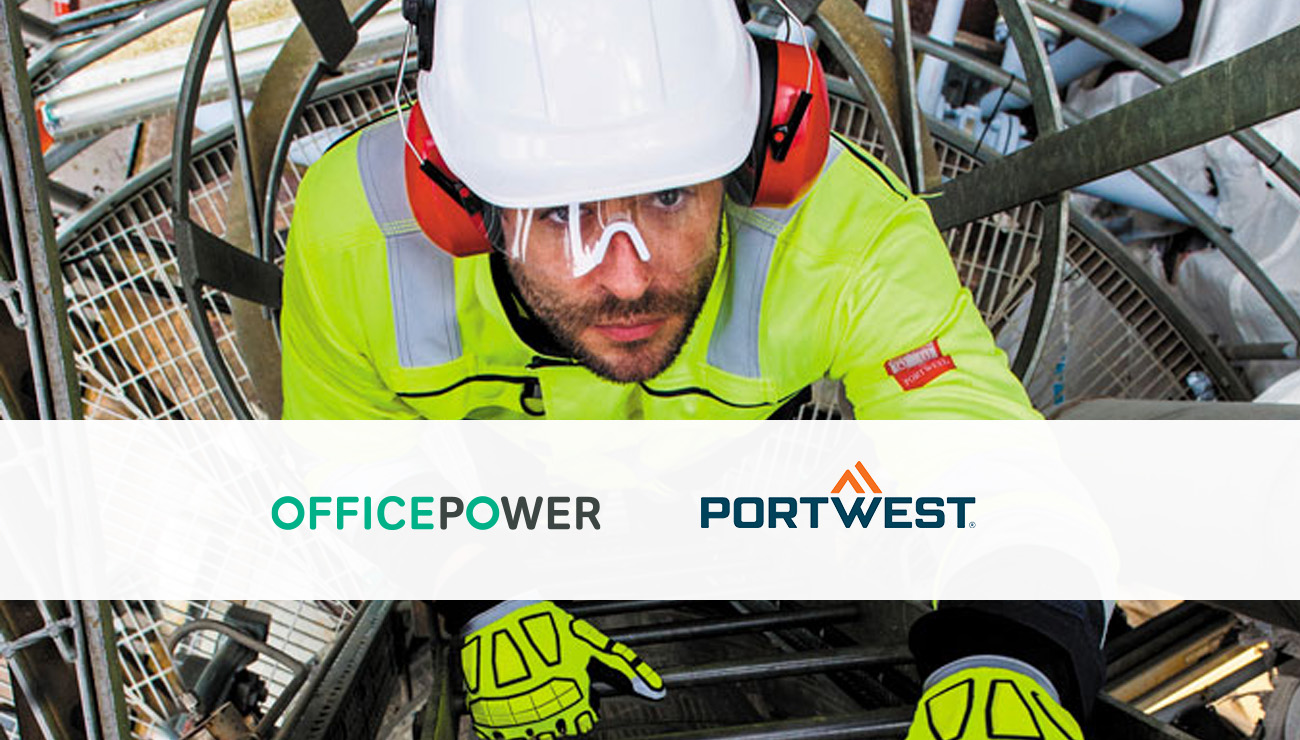How To Prepare Your Business For Bad Weather
It’s normal for us Brits to complain about the weather, but sometimes our complaints are justified, when flooding and snow problems seriously impact our business. Make sure this doesn’t happen to you, by planning ahead for bad weather.
Monitor forecasts
Extreme weather conditions can often be predicted, so keep abreast of the MET Office forecasts and communicate your intentions to staff if disruption seems likely. Make sure they have all been given a copy of your plan, so they know what to expect from you and vice versa.
Create a business continuity plan
This plan can help you to cope for extreme weather conditions and other unexpected circumstances. This doesn’t have to be a huge document, but does need to cover some important areas, such as:
Key business decisions. How would you make the decision as to whether the business would close or remain open? What criteria would this be based on and who would make the decision?
Your staff. Generally you would expect workers to make reasonable attempts to come into work, unless you decide to close the business. But if they can’t make it in, who would they need to contact and how should they let them know? Could staff cover for their colleagues if they’re unable to make it in?
Also, if weather conditions deteriorate throughout the day for example, you have a duty of care to think about the safety of your staff in being able to get home.
Your premises. What would you do if your workplace was affected?
Your technology. Does all work need to take place at your premises or would employees be able to work remotely. While cloud technology can make it easier to work remotely, you also need to consider the security of your business systems.
Information. How would you communicate your plans to staff, suppliers and customers and who would be responsible for this? When a disruption occurs, you need to be able to react quickly and professionally.
Other things worth considering:
- Assess your insurance cover
- Check that back up and standby power products are maintained, charged and working properly.
- Made sure there are spare bulbs in the office (maybe a few candles).
- Remember to allow more time for early morning journeys when planning meetings and deliveries.
- Create an ‘Emergency Box’ to store software discs and the relevant licence numbers and passwords along with copies of important documents such as insurance certificates etc. Ideally keep a second, duplicate set of records off the premises as back up.
A sensible addition to the Emergency Box is a list of key staff’s emails, passwords, and telephone numbers – that way if you are shutting or relocating your office for the day you can quickly notify them.
Assess the risks
Weather can cause havoc to the complexities of a supply chain, so consider what activities are essential to delivering your services and assess what risks your business faces from unexpectedly bad weather
Preparing for Ice and Snow
Check your boiler, pipe work and roof. Make sure your boiler is in a good working condition and that all pipe work is well insulated. Put the heating on a constant low level to avoid burst pipes.
Heavy snowfall can also have adverse effects on weak or damaged roofing systems so make sure you get your roof checked before the cold weather sets in.
Get equipped. Invest in tools and equipment to protect your business including snow shovels and road salts. For example, white salt is a quick working solution and rock salt or grit is more economical for businesses with areas such as car parks.
Preparing your vehicle/s for bad weather:
Wiper Blades. Check your blades and make sure your wiper fluid is topped up and increased in strength to prevent freezing and maintain visibility.
Lights. Your van lights are more likely to get dirty or obstructed in winter weather, make sure that they are clear and working before you go out, and keep a set of spare bulbs on board.
Tyres. Pressure and tread should be checked regularly as properly maintained tyres will give you better grip on the road.
Engine Coolant. Make sure you have the correct strength of anti-freeze, and keep some spare for topping up.
Fuel. Keep your fuel tank at least half full, this will give your vehicle weight and traction and you may need it if you find yourself in queues of traffic.
Emergency contacts. Make sure you have a list of emergency contacts in a vehicle.
Provisions. Make sure that you have provisions in your vehicle such as torches, de-icer, travel blanket, spare warm clothing, wellingtons, shovel, reflective jackets and emergency food and drinking water
Check roads. If you are expecting or making deliveries, it’s essential to keep up with the local as well as the national traffic news.





